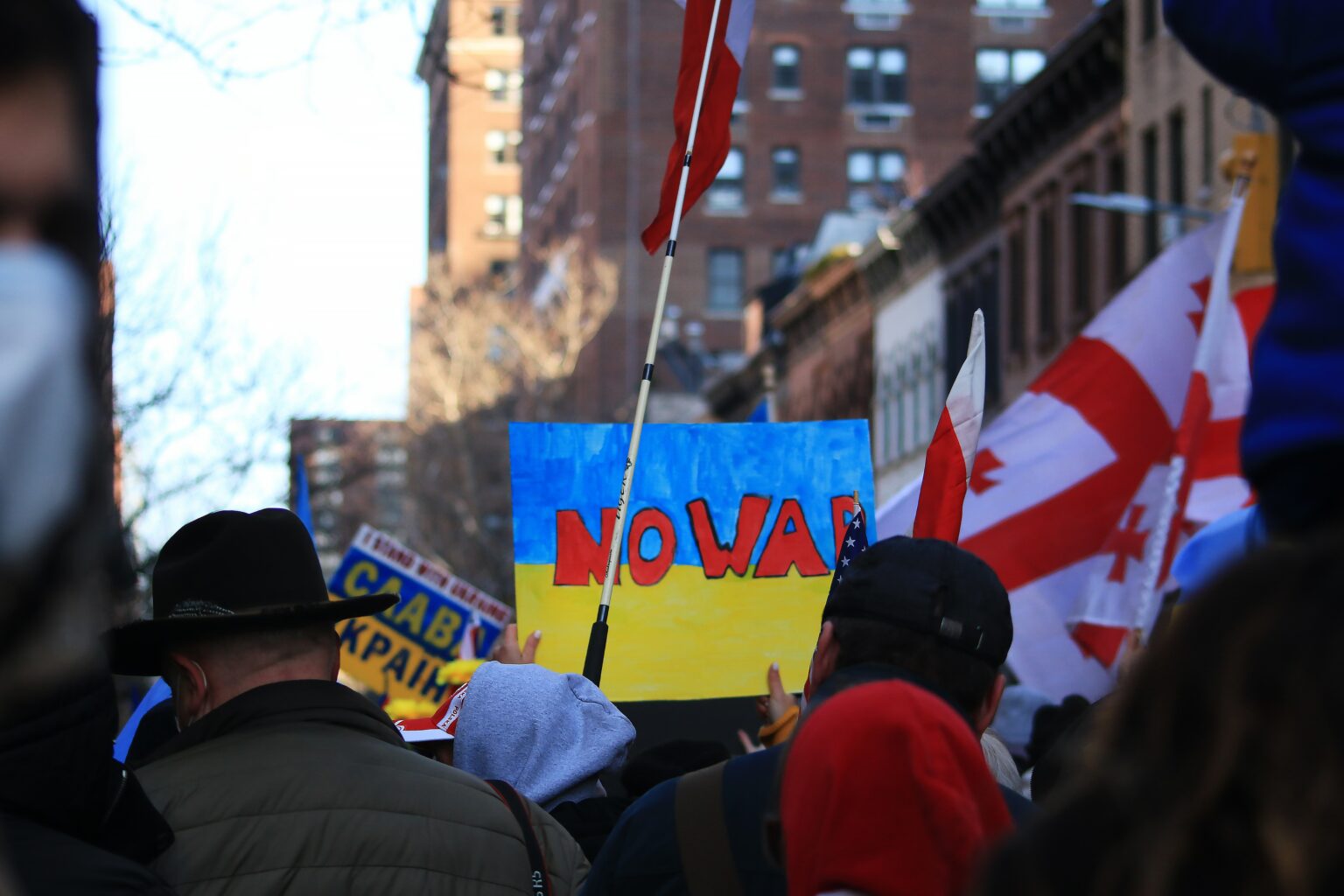Trans Day of Visibility 2022: Here’s what you absolutely should know about trans communities from Ukraine

It’s March 31, Trans Day of Visibility. To mark this day, at ILGA-Europe we want to commend the amazing work trans-led organisations are doing as the war in Ukraine continues, and tell you about the current needs of trans communities staying or leaving the country.
After over a month of war, Putin’s invasion of Ukraine has devastated several cities and caused the displacement of almost four million people and counting. Trans people are among those affected: there are trans women who have tried to leave but couldn’t due to the male gender marker in their passports, and trans people who want to stay but are at risk of violence in regular shelters, and all are exposed to potential shortages or difficulties in accessing medicines and hormones on both sides of the border.
Trans-led groups and organisations are responding to the humanitarian crisis by doing an incredible job to support trans people in Ukraine and neighbouring countries. Here are some of the current needs of trans people from Ukraine and how trans-led organisations are responding:
Trans people staying in Ukraine or leaving — what are their needs?
- Many trans people in Ukraine do not have identification documents with gender markers matching their gender identity. So trans women often still have a male gender marker. In this situation, many of those who have tried to flee have been refused to pass internal check-points and to leave the country as due to their identity documents, they fall under the martial law and military mobilisation of men between 18–60. Trans women need a pathway to be able to leave the country along with other women, including those who have a male gender marker in their documents.
- Trans people and other LGBTI communities who are staying in Ukraine because they want to, or because they cannot leave, are at risk of discrimination and violence in regular shelters. The few existing LGBTI shelters have very little capacity.
- Necessary hormones and medicines for trans and intersex people, as well as HIV/AIDS medication are, like other supplies, running out in Ukraine. Humanitarian aid packages generally do not include these medicines, and trans, intersex, and LGBTI civil society groups in neighbouring countries are working hard to fill this gap in the short-term. It is imperative that medicines are available for trans communities in Ukraine and for refugees in arrival countries.
- When trans refugees arrive in neighbouring and other reception countries, many may experience delays and inconsistencies in access to healthcare, which could lead to an interruption in their care. This can be potentially devastating. Governments in reception countries must enable access to healthcare for refugees and ensure that trans and intersex people already taking medicines can continue care without interruption.
Many trans-led organisations are doing amazing work to help and support their community members from Ukraine. Have a look:
In Europe, TGEU is monitoring the situation, providing frequent updates and resources, as well as how best to provide support, guidance for trans people from Ukraine, and visuals for social media channels, here.
In Ukraine and Slovakia, Trans*Generation is providing legal consultation and connections to trans people who want to cross the border, as well as information about visas abroad, hormones and medication and financial assistance to trans people staying and leaving Ukraine. Find out more here.
In Hungary, Transvanilla is supporting trans refugees crossing the border by providing transport, accomodation, translation and accompaniment in administrative procedures. Learn more about Transvanilla here.
In Poland, intersex organisation Fundacja Interakcja is supporting trans and intersex refugees. Learn more here.